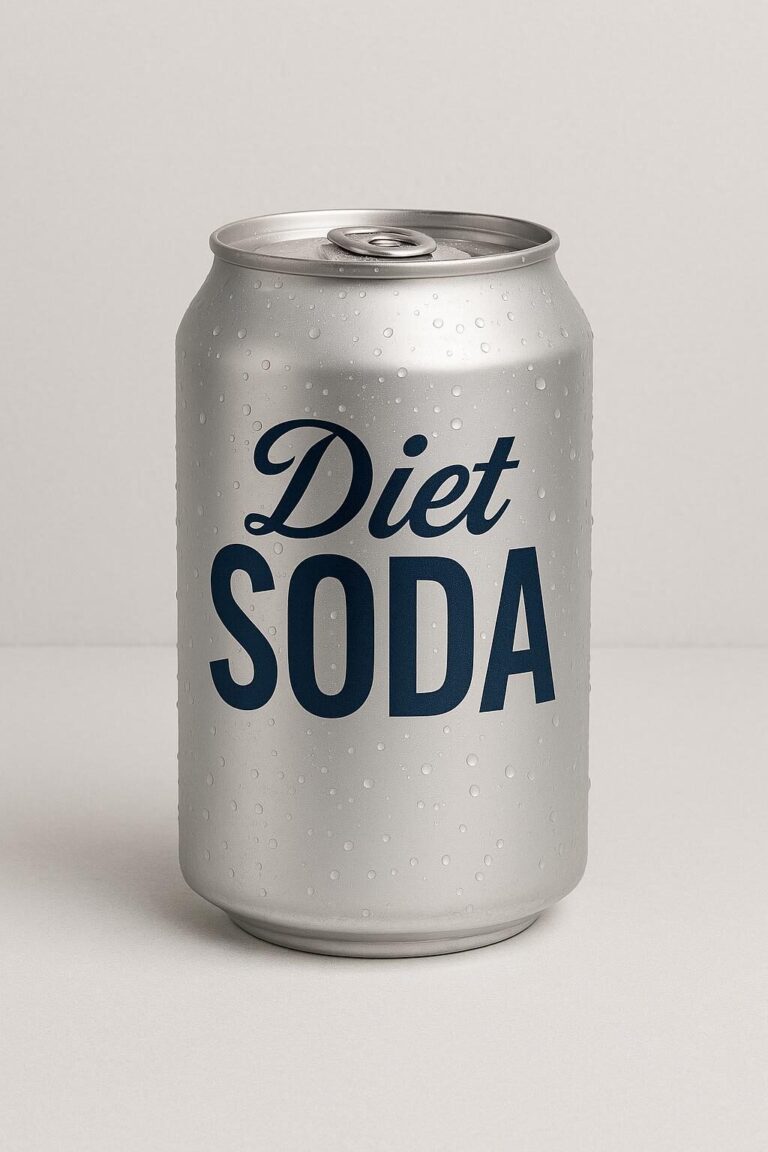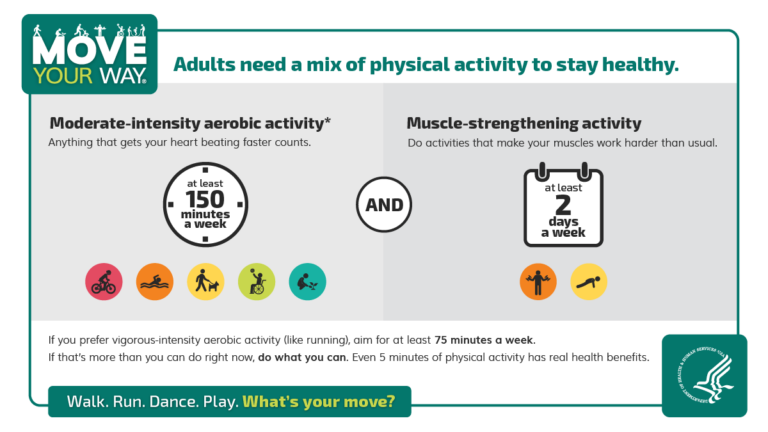Weight Gain, Weight Loss, Maintainers: Here are some Thoughts and Strategies
 Weight loss and weight gain have many obstacles. Our bodies produce a hormone called leptin and it is a key element in the body weight regulation system. Leptin and other chemicals trigger the area in the brain to let you know you are full. If your system is malfunctioning, you don’t feel full even if you have consumed an adequate amount of food.
Weight loss and weight gain have many obstacles. Our bodies produce a hormone called leptin and it is a key element in the body weight regulation system. Leptin and other chemicals trigger the area in the brain to let you know you are full. If your system is malfunctioning, you don’t feel full even if you have consumed an adequate amount of food.
Dopamine is a neurotransmitter that motivates us to eat and is involved in other rewarding behaviors. It also is involved in “wanting” more than “liking” which could be why we feel addicted to foods. So different levels of dopamine could be one problem causing obesity.
Weight issues are often rooted in biology, not just “will-power”. Here are some strategies to help with weight loss and to help with maintenance:
1) EAT BREAKFAST-make sure you have lean protein like 3/4 cup to 1 cup of egg whites with low-fat cheese plus Fat-Free yogurt and fresh fruit.
2)Eat ‘Filling Foods ‘such as: skinless poultry, fresh fruit, vegetables, lentils and beans
3)Exercise! Cardio and Weights….aim for 150 minutes weekly
4)Self-weighing or how clothes feel should be evaluated weekly or daily-whichever is most motivating individually.
5)Journal food, exercise and water. Stay mindful of your eating and concentrate on slow eating. Try either writing down food consumed or use apps such as Myfitnesspal and endomondo
6)Water-drink plenty and increase water intake with exercise; Every 15min. of exercise add another 8 oz. cup
7)Positive Self Talk-don’t get mad at yourself but think of being overweight as a health problem and needing treatment. Healthy eating habits and lifestyle behaviors are essential to success….don”t give up! Our clinic is here to keep you HEALTHY!!!
-By Mary Ellen Doukakis, RD





Do you check lepton levels at your office?
Debbie – thanks for the question. We generally are not in the habit of checking leptin levels. Although clearly leptin is crucial in it’s role regarding obesity, current evidence suggests that Leptin levels in obese patients actually almost always run high, but the body no longer responds – so, we are leptin resistant (like insulin resistance in diabetes). With weight loss, leptin levels go way down causing a surge in Grehlin, which makes us very hungry.
Leptin has been studied and found ineffective in weight loss; however hope exists that it may be helpful as a maintenance drug following weight loss.
A company, Amylin Pharmaceuticals, has a Leptin compound in development – a combination of metraleptin and Symlin.
But, currently, checking Leptin levels is expensive and offers no clinical usefulness – that might not be true in years to come!